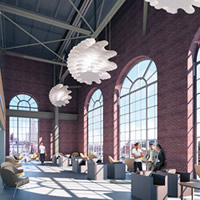
Encouraging the exchange of knowledge in informal as well as formal gathering places is redefining and shaping the physical spaces in which teachers teach and students learn.
Furnishings for learning spaces are about to change for the better.
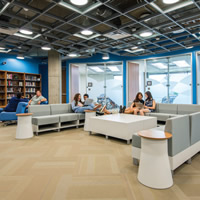
Designing to meet the needs of today's students.

Today's classroom is anything but traditional as learning branches out into unexpected places. Here is what makes for a successful classroom space and what doesn't make the grade.
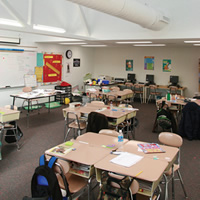
Resolving expansion problems by converting existing buildings into schools.
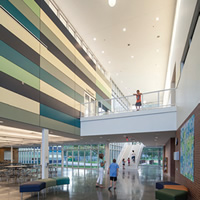
Architecture has powerful impact on student success.

Facilities that make a difference.
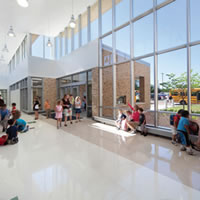
Early learning experts offer insights for classroom design, illustrated by an Illinois-based example.
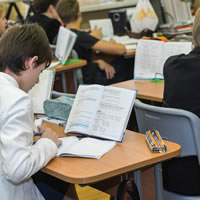
Study shows that sitting still does not equal paying attention.
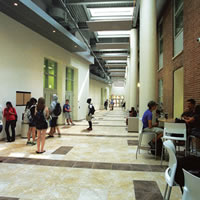
Colleges and universities that don't have historic identities to direct interior design choices can still develop and furnish modern, desirable interior spaces where students want to study, be and stay.
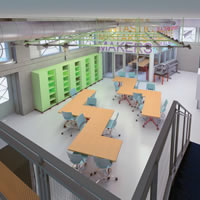
Creating new spaces for making and problem solving.
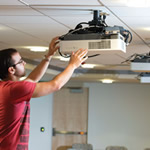
Today's classroom and lecture hall presentation technologies provide accessibility to a variety of materials both to presenters and students, in the classroom or remotely.
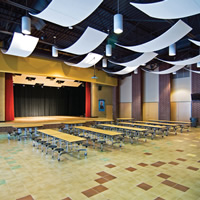
The materials used for walls, ceilings and even furnishings have a considerable impact on classroom acoustics. Here’s what the experts say about it.
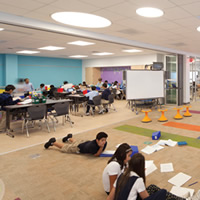
Best practices for extended learning areas.
Classroom size and shape has changed very little. Shouldn't we consider mobile technology to provide more spatial flexibility?
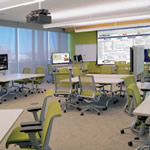
The flipped classroom model is serving today’s digital native students' needs by providing space to actively collaborate alongside integrated technology.
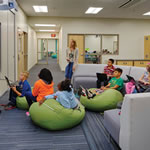
How technology supports flipped classrooms.